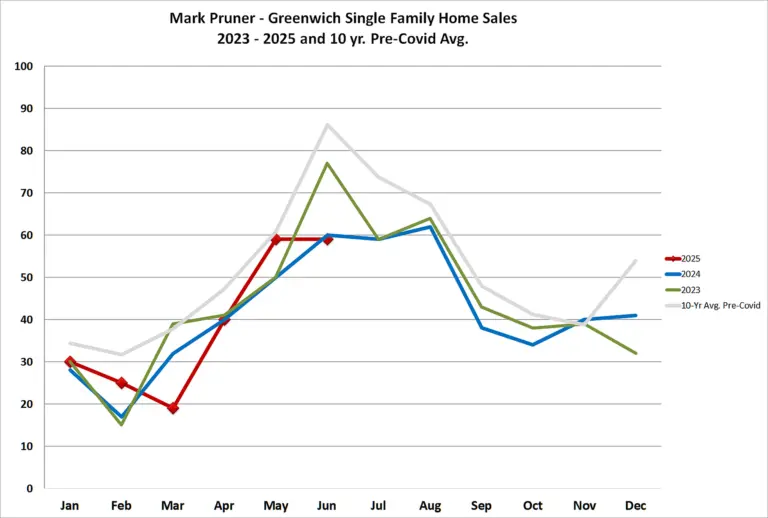By Drew Williams
Sentinel Columnist
The art critic Robert Cumming was intently studying a masterpiece painting from the Italian Renaissance master Filippino Lippi as it hung in London’s National Gallery. As he critically assessed the 15th-century painting of Mary holding the infant Jesus with Saint Dominic and Saint Jerome standing near, Cummings was troubled. There was no doubting the artist’s skill and use of color or composition, and yet the proportions of the picture seemed all wrong. The hills in the background seemed exaggerated and appeared to fall out of the painting. The two saints looked awkward and uncomfortable. And just who was Mary looking at?
Cummings was not the first to criticize Lippi’s work for its poor perspective, but he might be the last. At that moment he had a revelation. It occurred to him that the problem might be his. This was not just another piece of religious art hanging in a gallery. In fact, the artist had never intended it to come anywhere near a gallery. Lippi’s painting had been commissioned to hang in a place of prayer.
Self-consciously, the critic dropped to his knees in front of the painting. Immediately he saw what generations of art critics had missed. He found himself gazing up at a perfectly proportioned piece. The foreground had moved naturally to the background, he had joined with the saints in worship, and the painting itself had turned from awkwardness to grace.
On his knees, he saw that Mary’s face was turned to him with such kindness—her face illuminated with the glory of Jesus. All this time, it was not the perspective of the painting that had been wrong, but rather the perspective of the people looking at it. On bended knee, Robert Cumming found kindness and grace that he could not see simply by standing as a critic.
I am grateful to Nicky Gumbel for drawing my attention to this extraordinary story. Our perspective changes when we are on our knees, literally and metaphorically. Prayer has the power to radically change our perspective. We discover that prayer is really all about God’s kindness and grace. The Apostle Paul wrote, “God is kind, but He’s not soft. In kindness He takes us by the hand and leads us into a radical life-change” (Romans 2:4, The Message).
I try and retain an early morning habit of prayer. Sometimes (when things are going well) I am tempted to think what a terrific job I am doing in just showing up for this conversation with God. That is, until it dawns on me that my prayer life is primarily the Lord’s initiative. Before I wake up, in His kindness He is patiently waiting there to meet with me. I confess that there are, however, some mornings (particularly the dark, cold ones) when I find myself asking, “Lord, in all your kindness, why would you have me pray so early in the morning? Couldn’t we do this later in the day?”
The Psalmist holds out the answer as he asks of the Lord, “Awake, my soul!” (Psalm 57:8, NIV). God invites us to meet with Him early in the morning that our souls might be awakened to His presence for the whole day. To make the Lord my first conversation of the day is to awaken my soul to a gracious dialogue with Him that is to go on all day. From this perspective, my experience is that He will distinguish His presence to you by His kindness. Paul wrote of the “riches of His kindness” (Romans 2:4, NIV). God is not just “a little bit kind”; God has infinite resources of kindness to pour out on us.
Prayer is also the perspective from which we truly see ourselves and know God’s mercy. The priest and poet George Herbert referred to this as the “the soul in paraphrase.” To paraphrase is “to get the gist of it” or “to make something accessible.” Prayer is learning before God who we really are. Just to forewarn you, this will inevitably be a little uncomfortable. But in His kindness, as God first enables us to see ourselves more clearly, He then takes us firmly by the hand and leads us not into condemnation but into mercy. And this is the place of radical transformation.
This life-change begins with our own hearts, but in this transformation we also find ourselves caught up in the most powerful prayer meeting in the universe. Through the Holy Spirit, our prayers join with the prayers of the Godhead—Father, Son and Holy Spirit. Here we participate in the power of God to transform not just ourselves but the world.
Saint John Chrysostom wrote, “The potency of prayer has subdued the strength of fire, it has bridled the rage of lions… extinguished wars, appeased the elements, expelled demons, burst the chains of death, expanded the gates of heaven, assuaged diseases… rescued cities from destruction… and arrested the progress of the thunderbolt.” George Herbert would agree. He referred to prayer as “reversed thunder.” Does this description sound overly grand, far-fetched or even just poetic?
Pete Greig, in his writing on prayer, refers to May 27, 1940—the day that Great Britain’s King George VI called for a national day of prayer. Allied troops in northern France were at risk of total annihilation. Three extraordinary events occurred following that day of prayer. Hitler overruled his generals and halted the advance of his troops (something that has never been fully explained). A storm of unprecedented scale grounded the Luftwaffe that was poised to attack the evacuating Allied troops. Despite the storm that kept German aircraft out of the skies, a serene calm settled over the English Channel days later, which enabled a vast armada of boats to come and rescue the escaping men.
With the eyes of faith, we can see that this was more than an extraordinary set of coincidences; on our knees, we see that this was the hand of God in response to a nation in prayer. I find this story very moving and yet I know I cannot convince you that “prayer works.” For every story I might tell you of extraordinary answers to prayer, one could write it off as coincidence or point to a compendium of prayers that we don’t see answered. What I can say is that the more boldly I pray, the more thunderous, roaring coincidences I see.
In your New Year’s resolutions, would you consider giving God the very first part of your day and allowing Him to change your perspective on prayer?
The Rev’d Drew Williams, Senior Pastor of Trinity Church.





